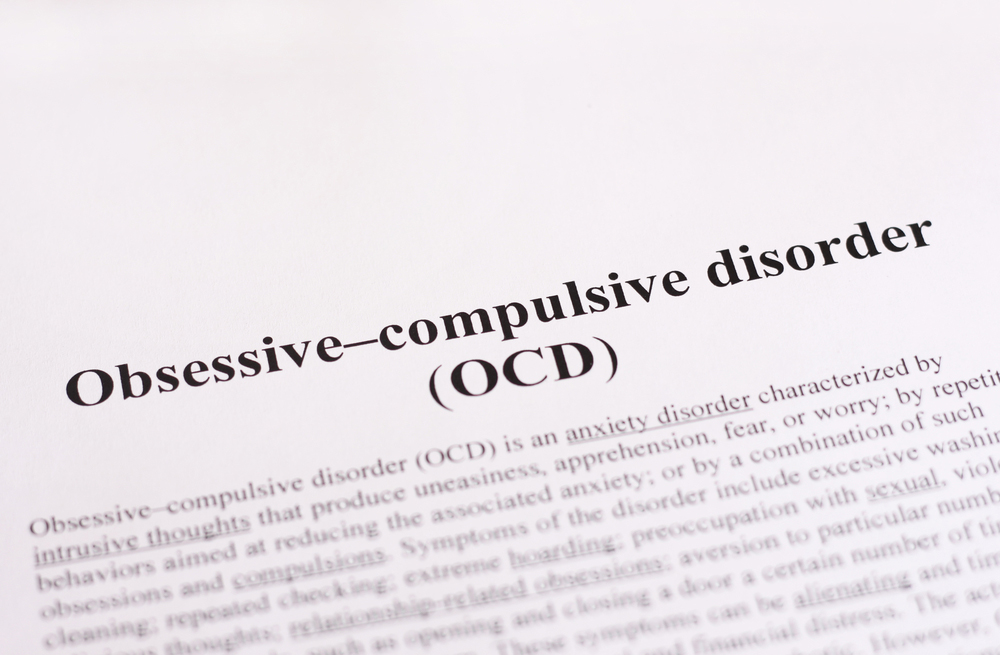If you have intrusive fears and go out of your way to counteract them with specific, repetitive behaviors, you may have obsessive-compulsive disorder. Many people struggling with OCD seek an escape from the flood of negativity that characterizes their daily lives. While alcohol might provide a short-lived reprieve from your OCD symptoms, it can worsen your distress in the long run.
What Causes Obsessive-Compulsive Disorder?
Though researchers haven’t identified a specific cause of OCD, we know environmental factors, family history and the presence of other mental health conditions can make people more vulnerable to this disorder. Ongoing trauma can lead to OCD, and so can unexpected, stressful life events such as a loved one’s death.
Though OCD sometimes begins as a preoccupation with health, safety and cleanliness, it can progress to a point where irrational rituals become inescapable urges that trap you in a vicious cycle. Co-occurring disorders like substance use or PTSD can make you feel worse.
Understanding the OCD Brain
By collecting and comparing brain scans and other data from OCD studies worldwide, researchers have identified functional differences in the brains of people with obsessive-compulsive disorder. One University of Michigan report describes OCD sufferers as “stuck in a loop of ‘wrongness’” that compels them to continue doing routines like counting or checking things, even when they know they are being irrational.
Brain chemicals also play a role in the development of OCD and co-occurring disorders. People with OCD may have fewer serotonin transmitters and a reduced serotonin uptake ability. Because alcohol increases serotonin activity in the brain, drinking may provide temporary symptom relief. However, as your tolerance increases, you’ll need to drink more to achieve the same effects, and eventually, you won’t feel like yourself when you’re sober. Ongoing alcohol use changes the brain’s natural chemical balance, so you may also notice your OCD symptoms are more severe after you drink.
Warning Signs of a Drinking Problem
Since alcohol is so culturally acceptable, it can be difficult to tell when a drinking habit has become problematic. Here are some questions to ask yourself:
- When you’re sober, do you find yourself craving a drink?
- Have you experienced uncomfortable withdrawal symptoms after attempts to quit using alcohol?
- Have friends and family mentioned you drink too much?
- Do you feel anxious or irritable when you run out of alcohol?
- Have you ever lied about how much or how often you drink?
- Does drinking interfere with your relationships, quality of life or ability to fulfill responsibilities?
- Has alcohol become a preoccupation?
If you answered yes to several of these questions, getting qualified substance abuse help and counseling can save your life. Our accredited addiction treatment program can help you break the cycle of alcohol abuse and equip you with the tools you need to manage your OCD for a healthier, more fulfilling life. Contact us to learn more about Hemet Valley Recovery Center & Sage Retreat and the benefits we provide at our Southern California addiction hospital.


